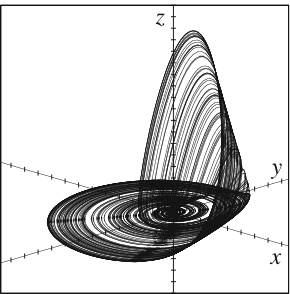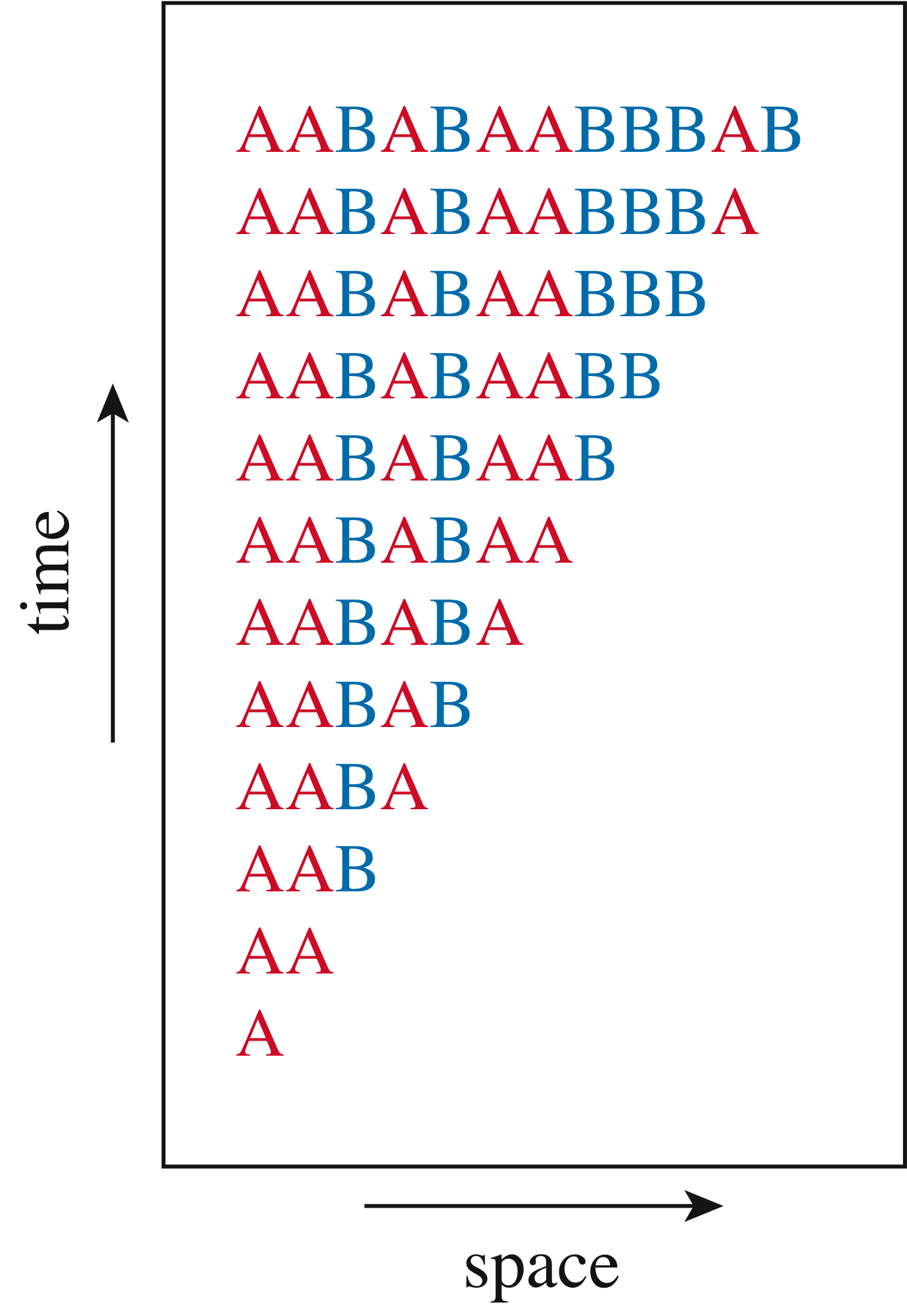| English | Français |
Complexity research addresses from a unifying point of view a large body of phenomena occurring in systems composed of interacting subunits. It constitutes a highly interdisciplinary, fast-growing branch of science, drawing on cross-fertilization of concepts and tools from nonlinear dynamics and chaos theory, statistical mechanics, probability and information theories, and numerical simulation. It provides a privileged interface between mathematical and physical science on the one side and real-world complex systems on the other as encountered, in particular, in life sciences. Our research is centered on both the fundamental aspects and the applications of complexity research and brings out the intertwining between the deterministic and probabilistic views of complexity. Some issues of current interest are symbolic dynamics, complex systems as information generators and processors, and information processing at the molecular level.
|
Selected publications Foundations of complex systems, Complex systems, Characterization of temporal disorder: Sporadicity: Between periodic and chaotic dynamical behaviors, Noise, chaos, and (e,t)-entropy per unit time, Information generation and information processing: Generation of spatially asymmetric, information-rich structures in far-from-equilibrium systems, Nonequilibrium generation of information in copolymerization processes, Commentary: The thermodynamics of writing a random polymer, Molecular information processing in nonequilibrium copolymerizations, |
|
 |
|
 |
|